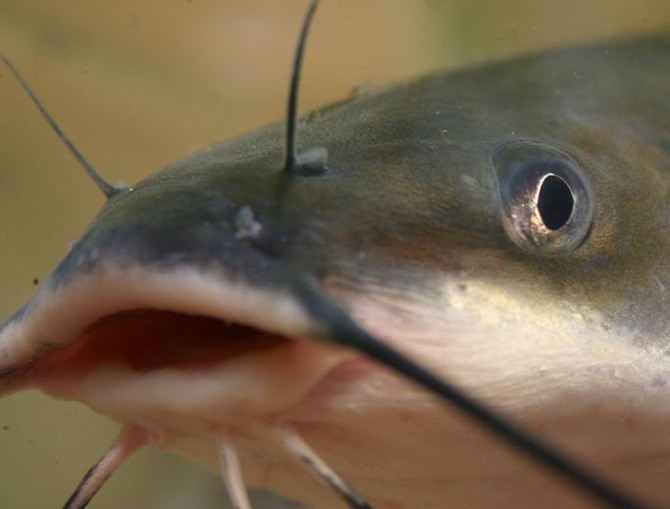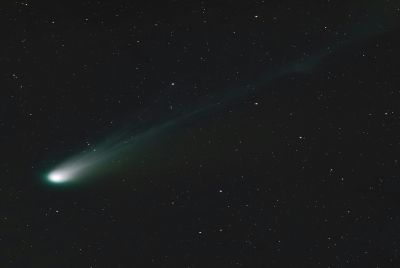Deep-sea dwellers feasting like humans in Valencia trench

It's not often you hear that sharks and other deep-sea dwellers have been dining lavishly on meals that would be fit for human consumption, but that's what the fish living in the Valencia trench have been doing. A study from the Institute of Marine Sciences in Barcelona analysed the feeding habits of fish in the area, which is situated between the Catalonian capital and the Balearic Islands.
To do this, they caught 445 live fish, including three species of shark, and looked at how much they rely on food from human activity by analysing their gut content in a bid to better understand how food waste and debris is effecting the food-web of the ocean. They found that a surprising 5-6% of the animals' diet came from the leftovers of humans, with items including beef, goat meat, vegetables and fruit – such as grapes – were found to have been scoffed by the fish.
Just a fraction of their food content was made up of plastics, and the institute's Joan Cartes said that it was not enough to cause damage to the fishes. He told New Scientist: "Plastics were frequently found, but in small volumes of the total diet, typically less than 2% by weight."
Around 70% of their diet consisted of other dead fish and animals, the study found. With animals such as Portuguese dogfish and blackmouth catfish, a lot of their stomach content was the remains of their own species. "I think all deep-sea systems in the world may be exposed to similar impacts," Cartes added.
© Copyright IBTimes 2025. All rights reserved.





















